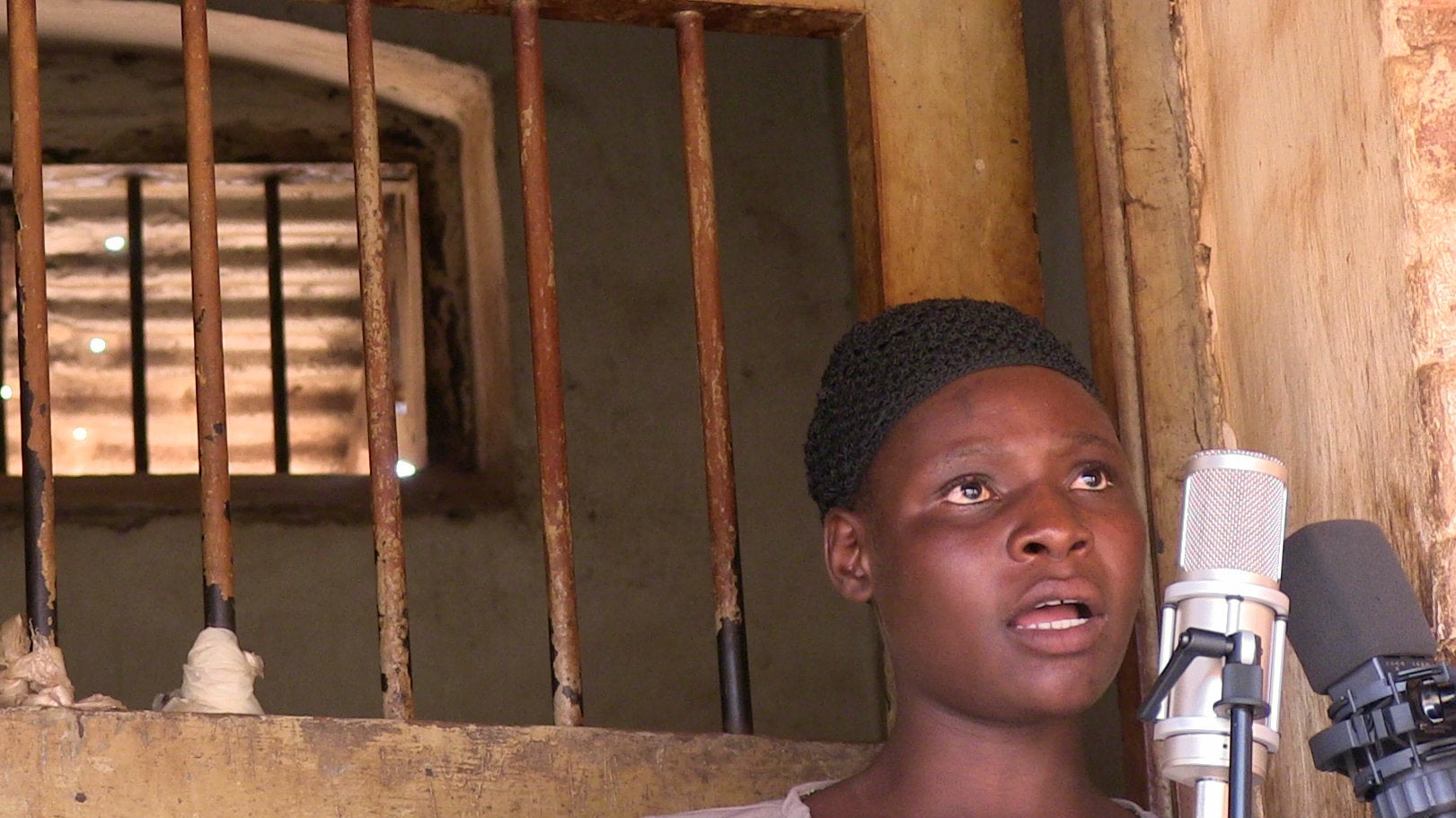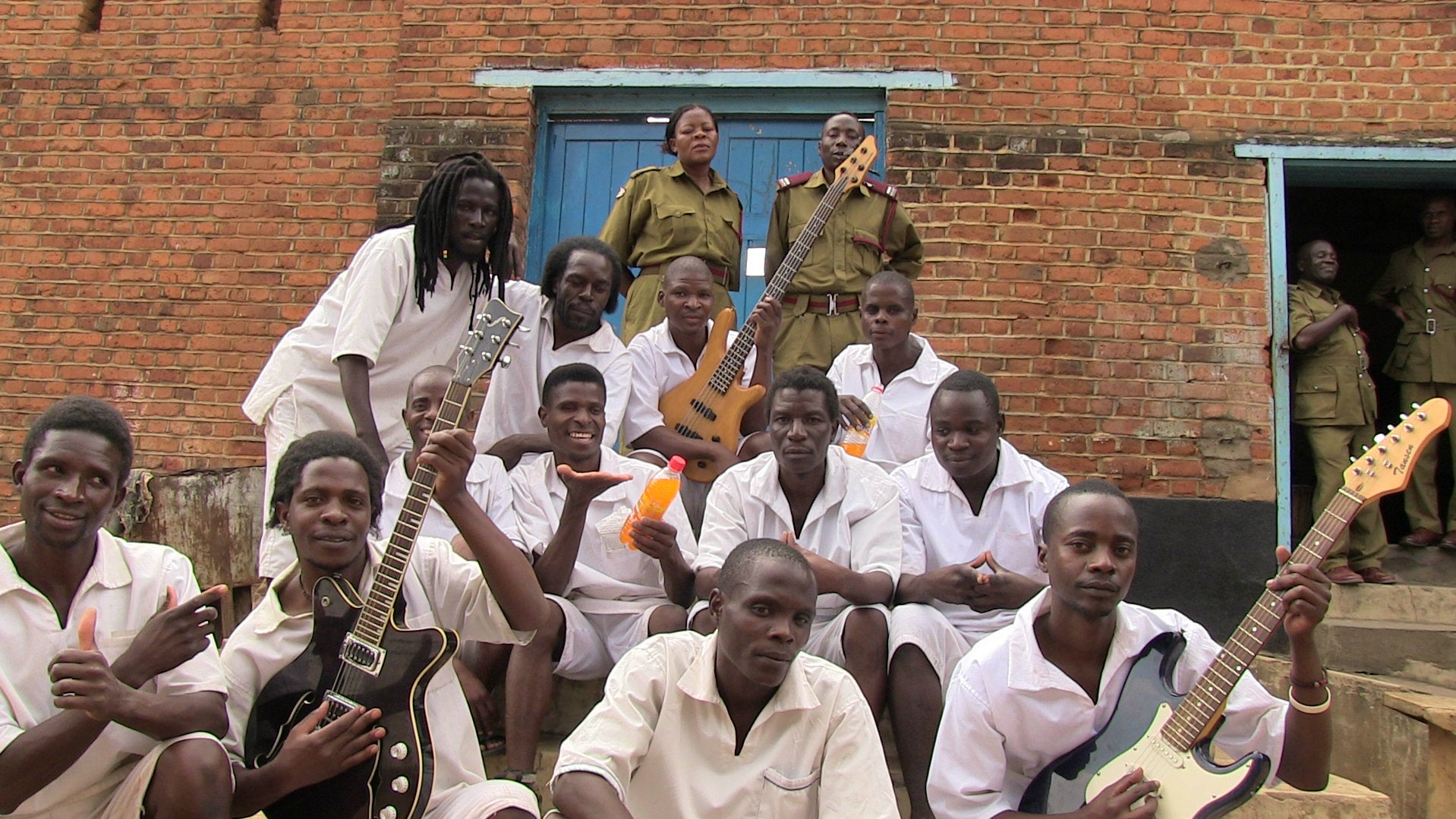Video: The powerful music that earned Malawian prisoners a Grammy nomination
This week, a group of inmates at Malawi’s Zomba maximum security prison learned that their album, “I Have No Everything Here,” has been nominated for a Grammy.


This week, a group of inmates at Malawi’s Zomba maximum security prison learned that their album, “I Have No Everything Here,” has been nominated for a Grammy.
Ian Brennan, the music producer who spent two weeks inside the jail making the album in 2013, tells Quartz that, though the prisoners never heard of the Grammys, they know that the nomination means their voices are being heard.
“They get it. Most of them have no idea what a Grammy is, but they understand. It’s a huge thing if a neighboring country like Mozambique knows about them, but this is people in the United States,” says Brennan. “They were overjoyed.”
Brennan and his wife, photographer and documentarian Marilena Delli, decided to work with incarcerated people to bolster underrepresented voices on the world stage. They have close ties to Malawi; Delli’s father worked there for decades and she wrote her thesis on African cinema in the region.
Brennan says he’s been making music “forever” but immediately knew that the songs recorded in Zomba prison were special.
“We’d recorded some voices that just don’t sound like anybody else,” he says. “They’re really signatory, fingerprint voices—and from individuals who have not really listened to other voices other than those in their immediate mix. They’re not spending time listening to Beyoncé over and over again.”
But though he knew he had great music, Brennan had spent thousands on the project and had no guarantee that the tracks, which are sung in the local Chichewa language, would be put out, let alone find success. But the prisoners felt the recording experience alone was meaningful enough to consider it a success.
Zomba prison was built for 340 people but holds 2,000 and, while Brennan was there, had just 153 guards.
“Often in prisons that don’t have great resources, the perimeters are controlled by the guards and the interiors are controlled by the prisoners,” he says.
Some of the inmates have been given life sentences for violent crimes; one of the women heard on the record was imprisoned for the double murder of her children, while a 33-year-old man said he’d been inside for murder since he was 11 years old.
Some, living in desperate circumstances, committed nonviolent crimes such as theft, while others were sentenced for homosexuality. “It’s not really talked about, but it remains a crime,” says Brennan.
A group of men at the prison already had their own band when Brennan arrived, and a prison officer allowed them to practice for a few hours a week. Brennan began working with these men, but found it more difficult to persuade women to join the project. Then, towards the end of Brennan’s time in the prison, one of the woman finally sang a song.
“It was the dam breaking,” says Brennan. “Once one of them stepped forward, they started queuing up. And some of them came back a second or third time. Some of the best songs are from people who claimed they weren’t songwriters or singers.”

Brennan considers music production a complement to his work on violence prevention.
“To me, music is the greatest act of social work that there can be, when it’s done with the best and purest intentions,” he says. “I think Michael Jackson or Bruce Springsteen or James Brown does more for humanity than any psychologist or academic could hope to. Often with a single dance move or vocal note or a single song.”
And for those inside Zomba, making music proved to be cathartic. Brennan adds:
We had left on a huge high note. The women literally danced us out the prison—there were 50 women clapping and singing, dancing us to the door. They had been given food and clothes and instruments but beyond all that, I think it was the experience. Just to be listened to and given attention.
Despite the joyful experience, many of the tracks are heartbreaking. One song, written and sung by Thomas Binamo, is called, “Please, Don’t Kill my Child.” Another, by Josephine Banda, is titled, “I Kill No More.” And Officer Ines Kaunde wrote one song titled, “I See the Whole World Dying of AIDS.” Brennan says not all the tracks made it on the record but, in total, there were four with the “AIDS” in the title.
“Out of context, ‘I see the Whole World Dying of AIDS,” could seem overstated. But for them, within a country with some of the highest HIV rates in the world, that’s a very real perception,” he says.
It’s highly unlikely that the Zomba Prison Band will be able to attend the 2016 Grammy ceremony in Los Angeles. Though some may be released in the future, most will remain in a place with “no everything.”